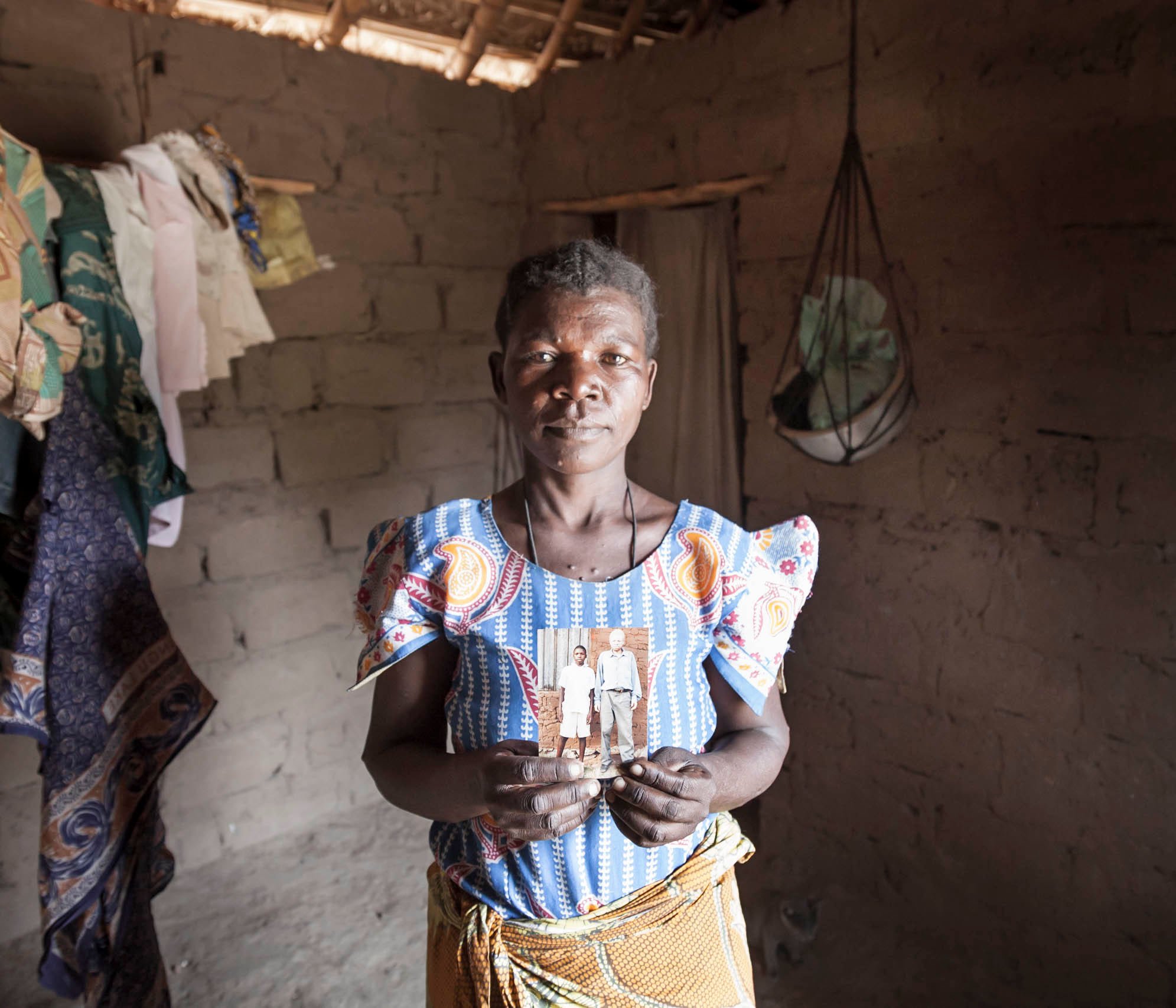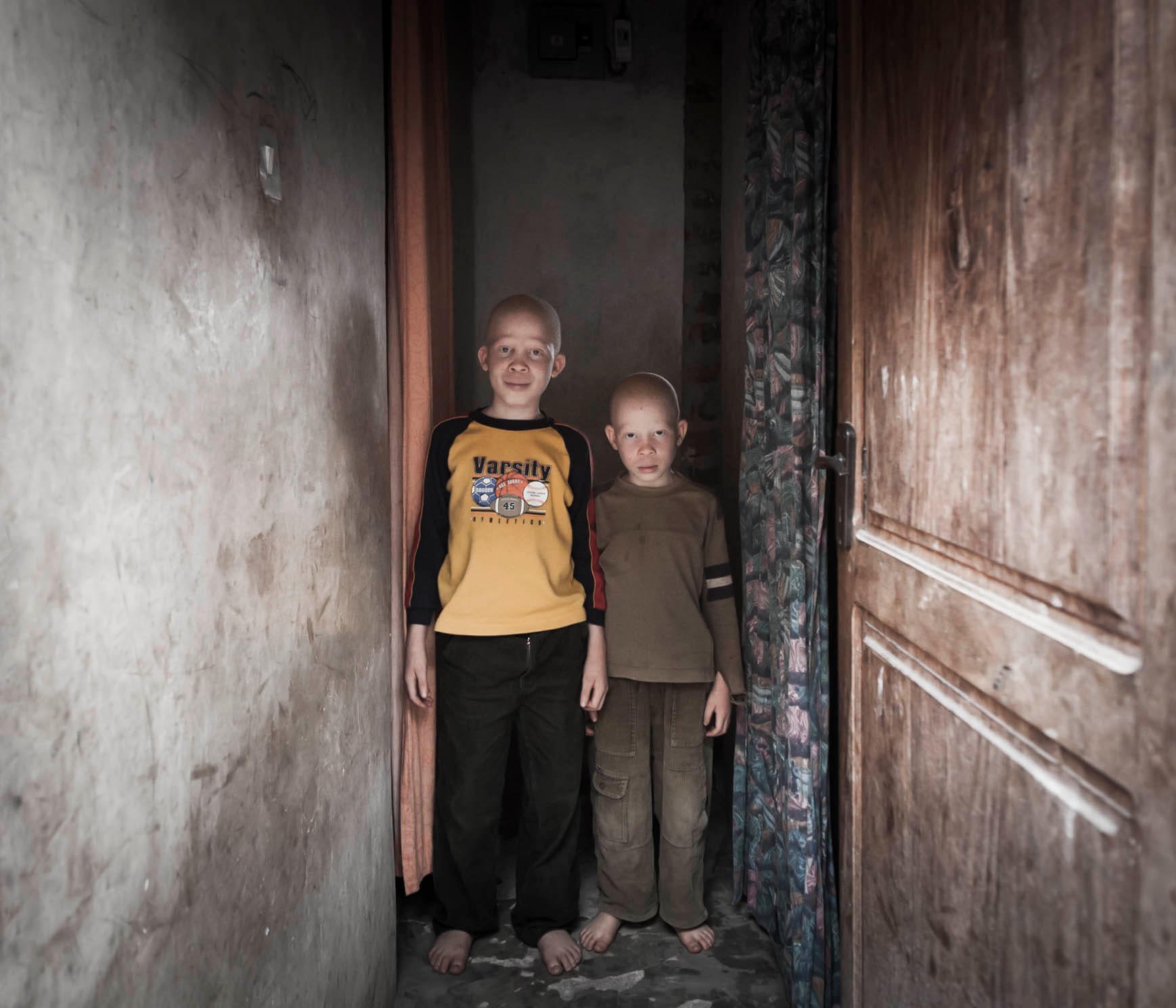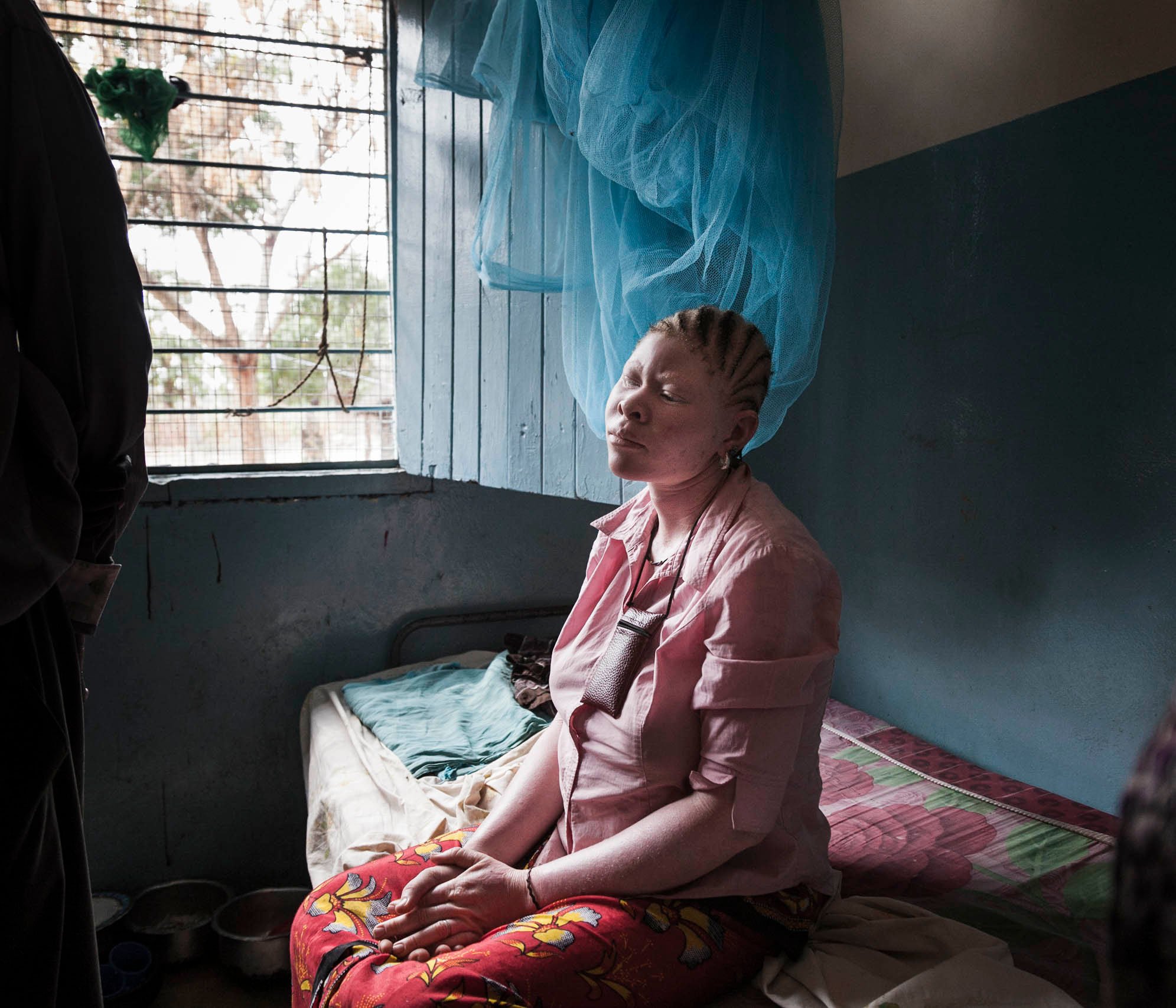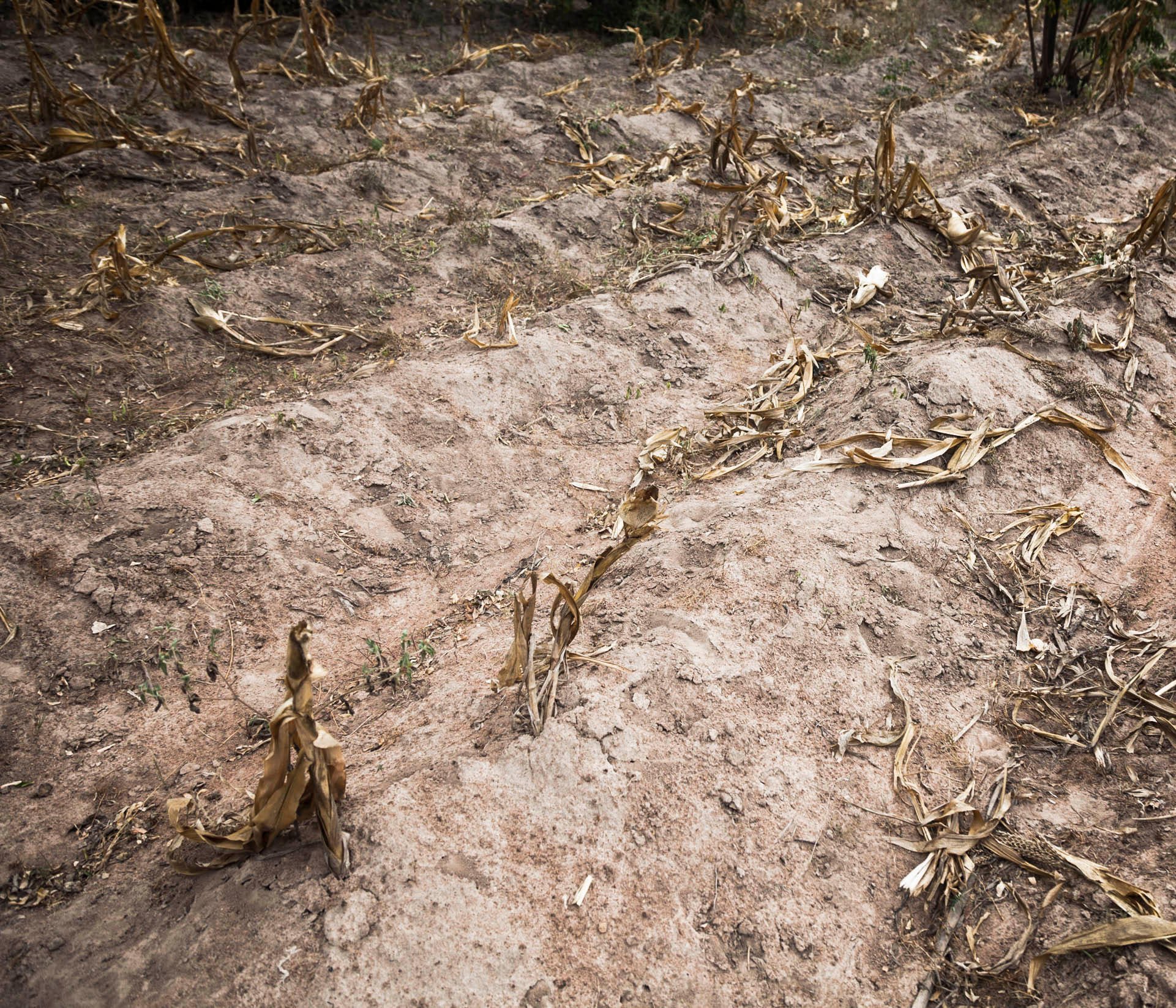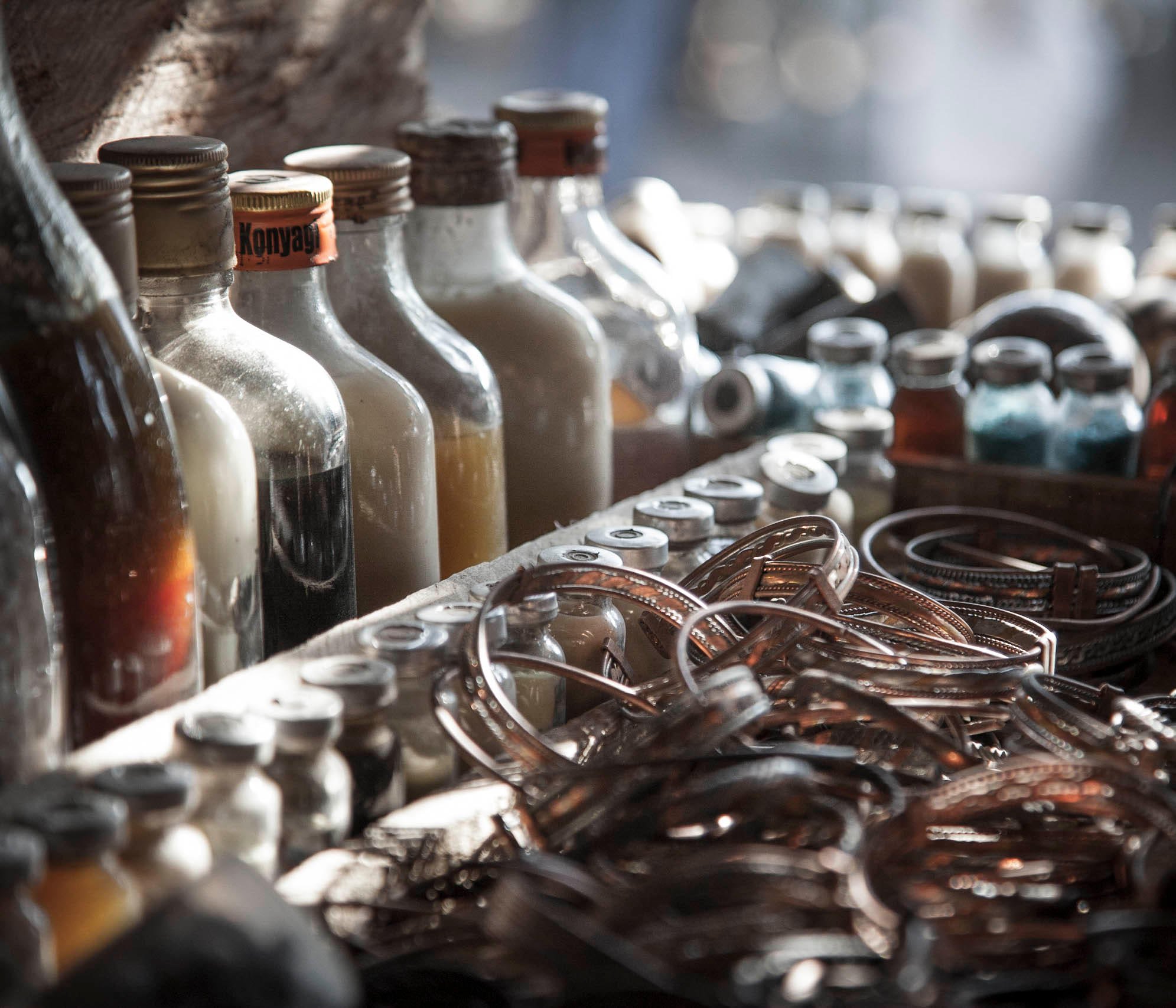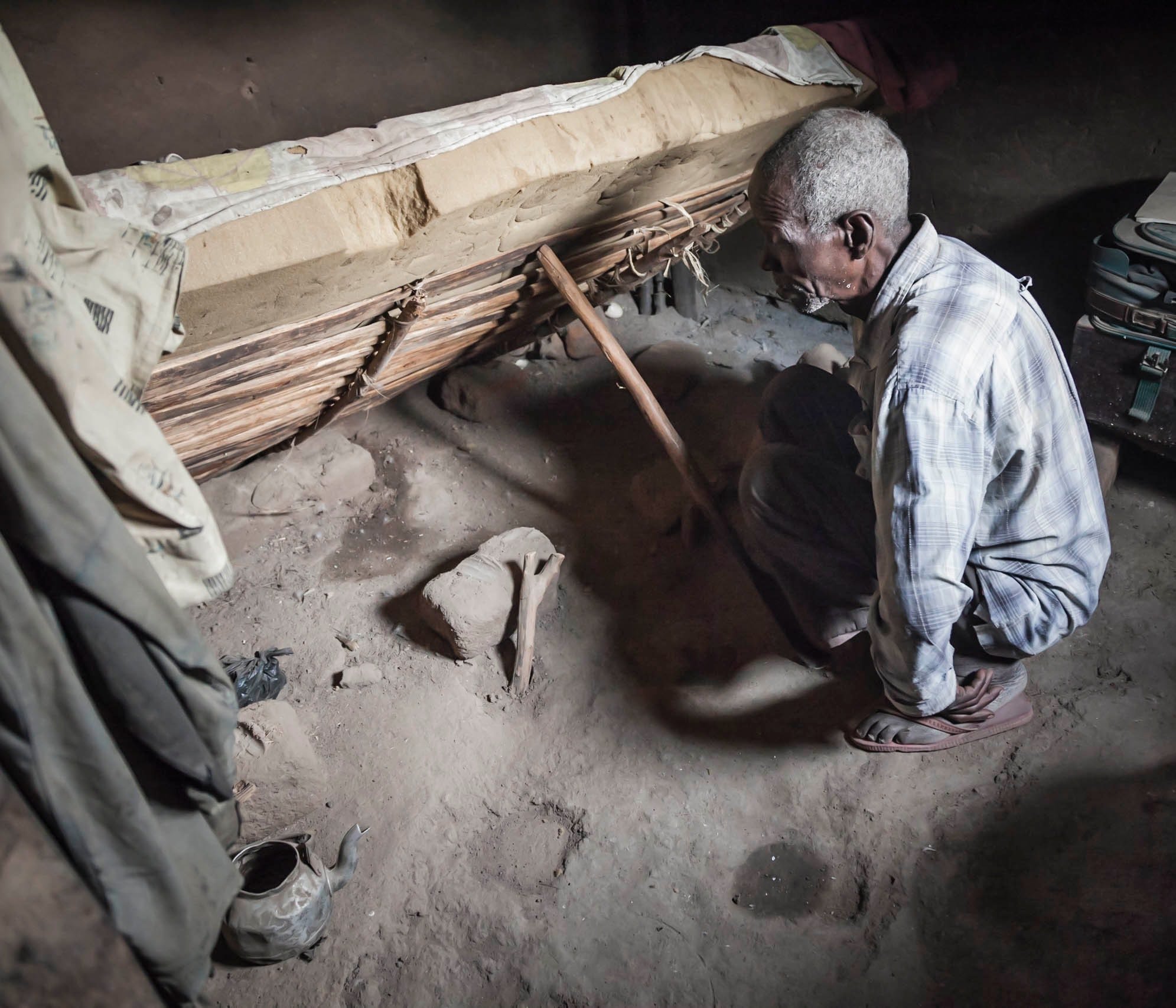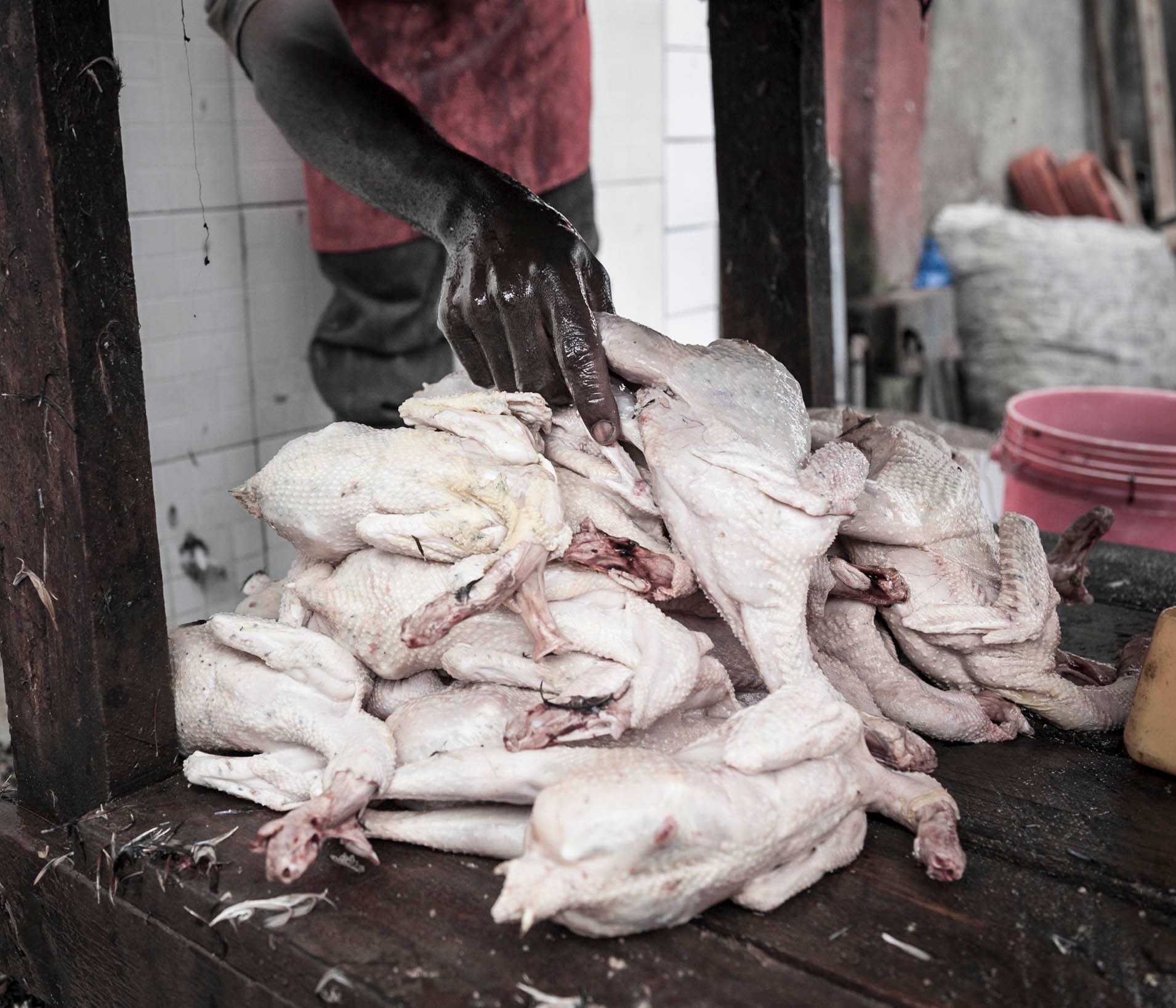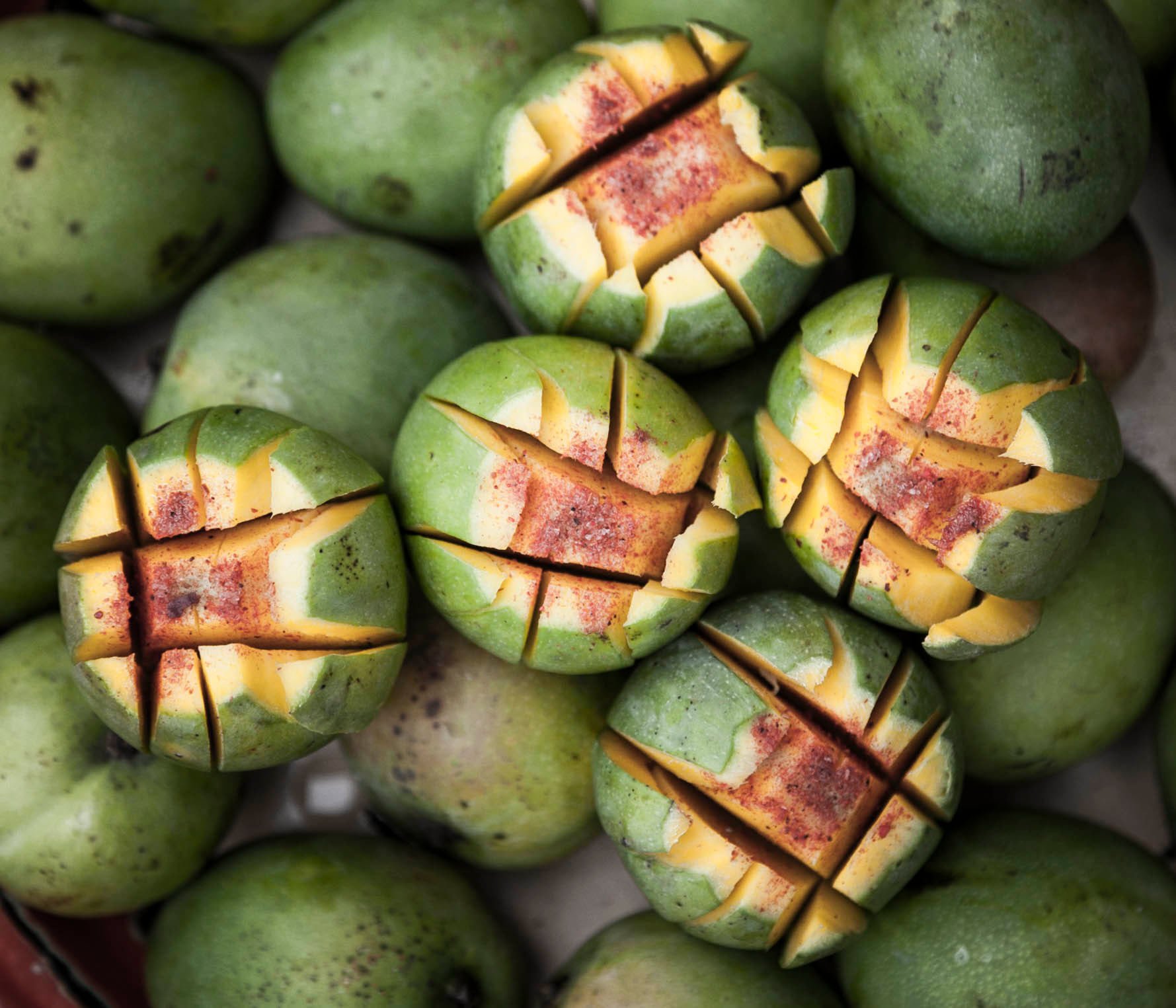Orodha
Between June and July 2011, my brother Nino and I traveled to the Mwanza region in northwest Tanzania, on the shores of Lake Victoria. Our aim was to delve into a grim phenomenon: the frequent killings of people with albinism, perpetrated to obtain body parts (limbs, tongue, genitals, hair) for the preparation of magical potions. These potions are crafted by certain witch doctors (known as "mganga" in Swahili) commissioned by clients who are often promised success in businesses, particularly in fishing and mining, or the attainment of political positions.
In the Mwanza district alone, there have been fifteen documented murders of this nature since 2006, when this horrendous criminal frenzy began.
The presence of gold mines and the mystery surrounding the precise locations of gold deposits are cited as reasons that have fostered the emergence of these practices. A similar argument holds for the fishing industry.
Extreme poverty and an ancient blind faith in the power of witchcraft create fertile ground for these crimes. During our visit, we were able to interview and photograph various individuals connected to these practices, whether as victims, family members, representatives of associations, witch doctors, or journalists.
It's important to note that the lives of people with albinism in the area are particularly harsh. They lack the necessary resources to combat the relentless African sun, and their life expectancy hovers around 30 years.
Reflecting on our experiences, we created Orodha; a brief list of Swahili terms used in communication with individuals affected by albinism. My brother took care of writing the texts, while I focused on capturing the images.
The objective of the project was never to denounce discrimination or barbarism, but rather to achieve a more personal and intimate goal: to comprehend the eruption of such violence without passing any judgment.




